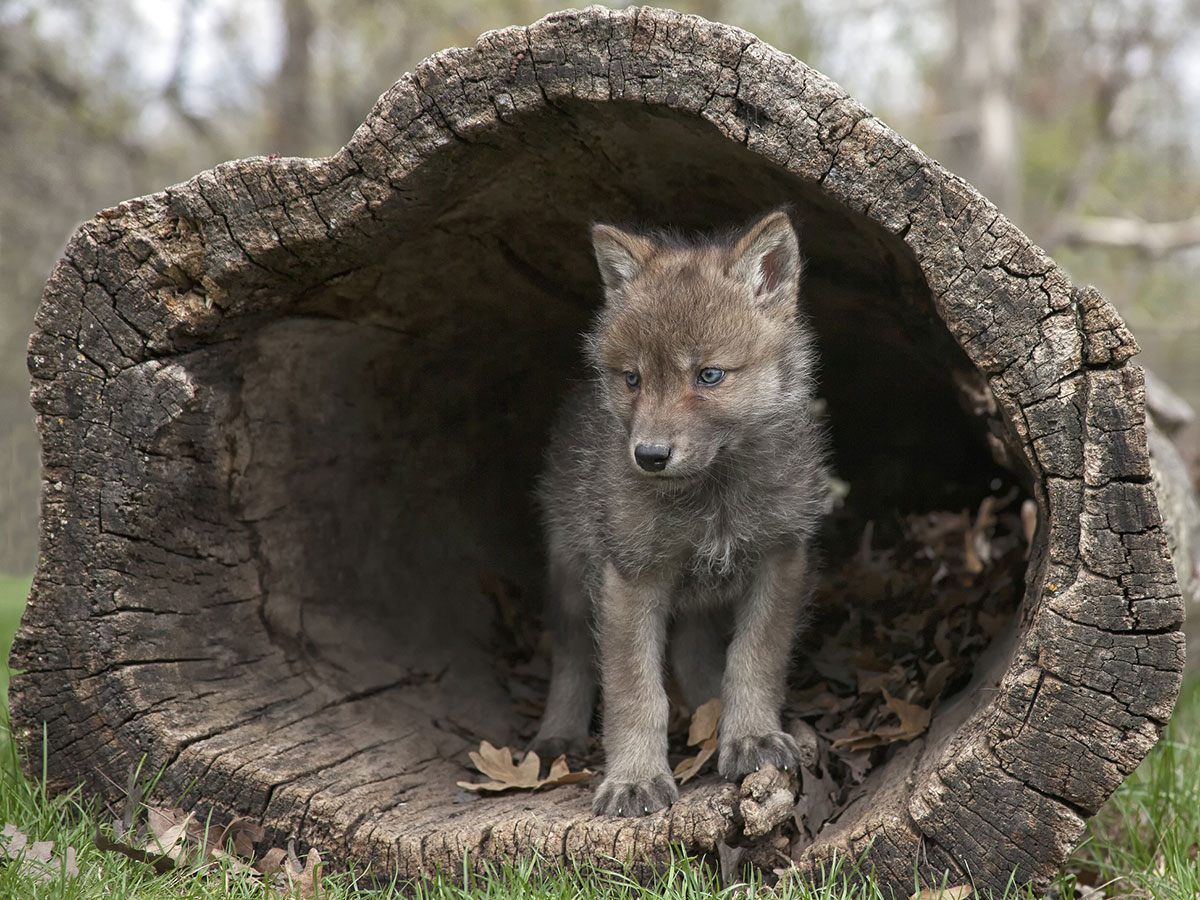Over the past decades living in the Northern Rockies region, I have witnessed unprecedented changes happening in the American West. More people are moving to once-remote areas, and visitorship to the wild places and parks out here is skyrocketing. Now, we are seeing people across the country buy and rent homes near nature to escape populous cities, and attempt to make quarantined life more bearable.
The trend of people flocking to the outdoors speaks to a universal truth — that for our mental and physical health, nature can help heal us. But we must keep in mind: nature is facing its own crises — overlapping mass extinction and climate disruption that are threatening its very existence.
While more people appreciate the outdoors, we cannot forget that wildlife, air and water depend on the preservation of wild places. Nature needs restoration, rehabilitation and time free of disturbance just as we do. We must honestly address our impact on wild places and species before we lose them.
As scientists sound the alarm on the sixth mass extinction on earth — the first one in planetary history caused by people — the incoming Biden administration must make the extinction crisis a priority directly alongside their plan to fight climate change.
It will require the incoming administration to take the strongest approach in American history to deal with the reality that a third of species in this country are at risk of extinction, and to reverse the disastrous decisions of their predecessors.
Since 2017, the Trump administration peeled back layer-by-layer the Endangered Species Act — a vital protection for threatened wildlife and a safeguard that’s stopped 99% of listed species from going extinct — to serve the interests of extractive industries.
And in their last 30 days, they advanced two more major rollbacks: one that allows corporations off the hook if their activities “incidentally” kill birds, and another to circumvent establishing habitat protections for endangered and threatened species.
The gutting of the Migratory Bird Treaty Act eliminates a safeguard that’s been in place for over 100 years. It comes at the same time scientists scramble to understand this past year’s unprecedented loss of migratory birds in the American Southwest. Since the '70s, we have lost birds to climate change and habitat loss by the billions. Biologists are saying this latest attack on wildlife from the Trump Administration could result in the death of over a billion more. Too many of these species are already nearing extinction.
If we do not act now, many species who have lost habitat will be driven over the edge to extinction. And the coronavirus has proven that the loss of biodiversity and an out-of-balance natural system are having devastating effects on human health too.
Under Trump, there was a dangerous and glaring contrast between what scientists are saying and what the Trump administration is doing.
The incoming Biden administration says addressing climate change will be a top priority. But considering the alarming loss of species these past few years alone, the work to fight climate change must include addressing the interconnected and equally devastating extinction crisis. Biden will have significant damage to undo, and will be expected to enforce the safeguards that Trump neglected.
Biden needs to ensure that the Endangered Species Act is once again fully enforced. At every step, his team must enter into meaningful consultation with Indigenous communities who have coexisted with the natural world for centuries and are saving vital food and medicinal plants and other important species from extinction.
The new administration must act proactively, they should start by committing to a national strategy to address the extinction crisis. That should include the goal of protecting 30% of lands and waters in the United States by 2030. These efforts will not only save species by protecting habitat, but will also safeguard our life-sustaining air and water, and allow green spaces to absorb greenhouse gases and slow the climate crisis.
And smart growth policies—plans that can mitigate damaging sprawl that fragments wildlife habitat, while also promoting more affordable housing and access to nature—can put us on a sustainable path toward equity for people and environmental protection.
The Trump administration chose the false dichotomy of people versus the planet, and continually put corporate polluters above our health and safety, wildlife and biodiversity. A brighter future for people, the planet and all of its species is possible. We can use this moment to embrace our reality: we need nature just as nature needs us. Let’s demand our leaders act to save our last wild places and stop extinction.
